After five years of treating foreign investment with growing arrogance, the newly-impoverished Russian government is putting on its best smile to try to attract long-term capital into the country. Will it succeed? Julian Evans reports.
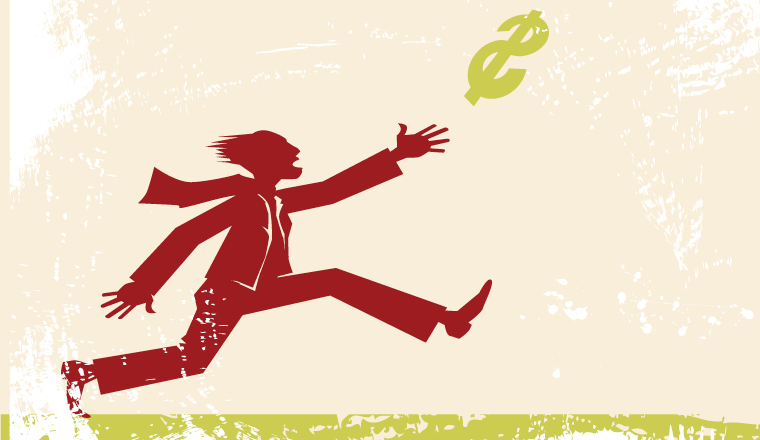
27 April 2024

After five years of treating foreign investment with growing arrogance, the newly-impoverished Russian government is putting on its best smile to try to attract long-term capital into the country. Will it succeed? Julian Evans reports.
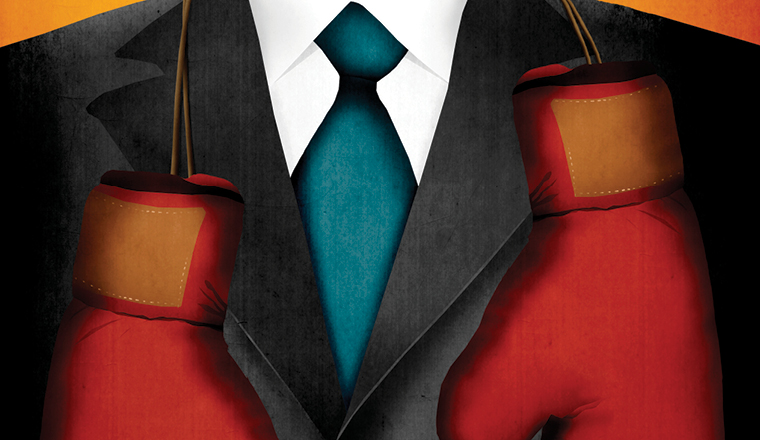
Bloody, battered but not yet beaten by the downturn, emerging market corporates and financiers are ready to continue the fight in 2010. Editor Tim Burke introduces emeafinance’s review of the crisis.

The race is on to create a new western hub for Islamic finance. Eva-Luise Schwarz sheds light on the competition.

Latvia was one of the countries hardest hit by the global crisis. Now there are concerns about the knock-on effect a devaluation of its currency would have on neighbouring economies. Eva-Luise Schwarz reports.
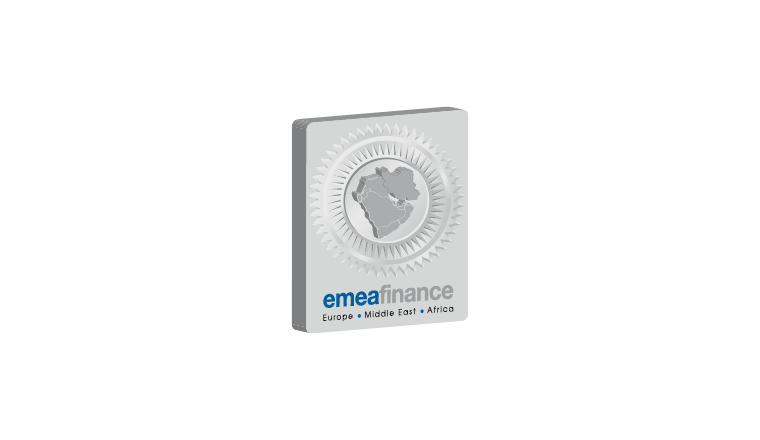
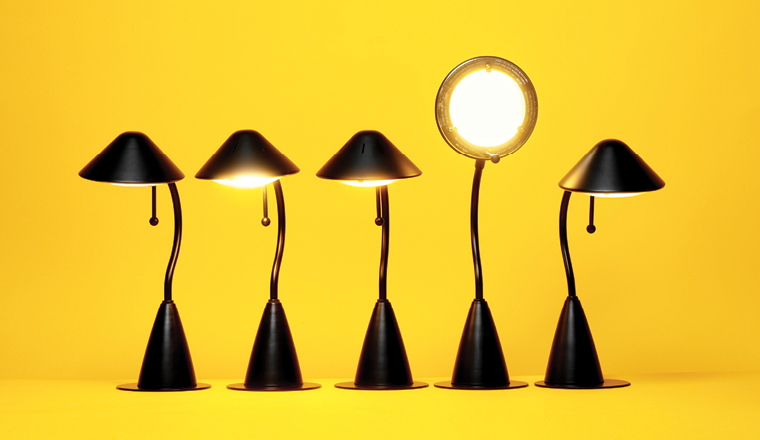
As the only EU economy not to fall into recession during the downturn, Poland’s performance is impressive. Eva-Luise Schwarz explores what went right – and what lies ahead.
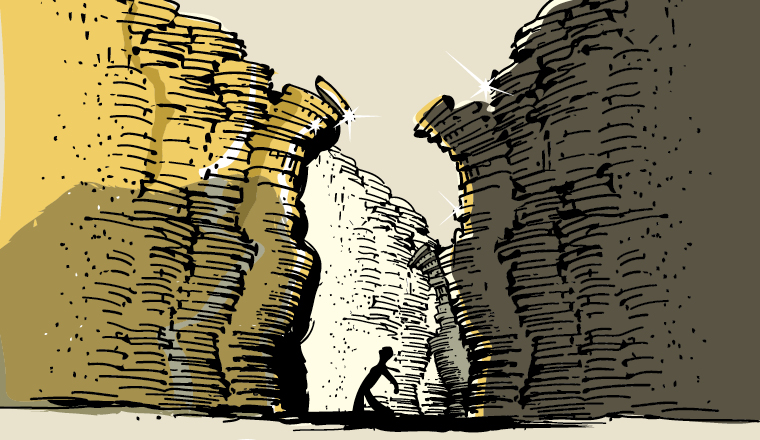
Crisis? What crisis? Oh, that crisis. The drama surrounding Dubia’s debt made for a remarkable end to the year. Tim Burke reports.
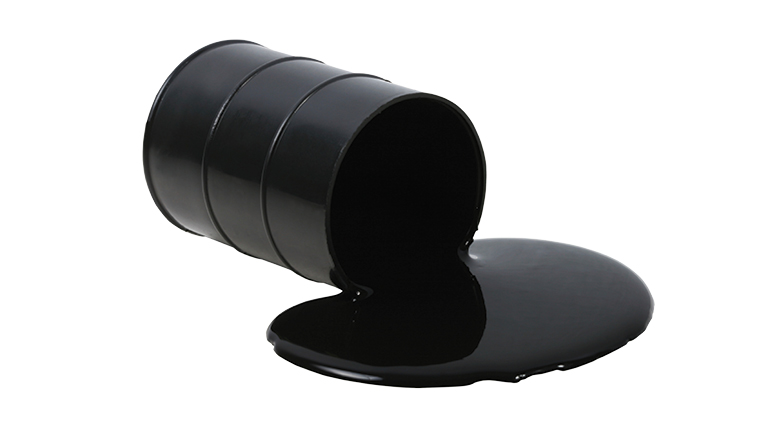
Rocketing fuel prices made Angola one of Africa’s greatest pre-crisis growth stories. Now it must learn some new tricks. Tim Burke reports.
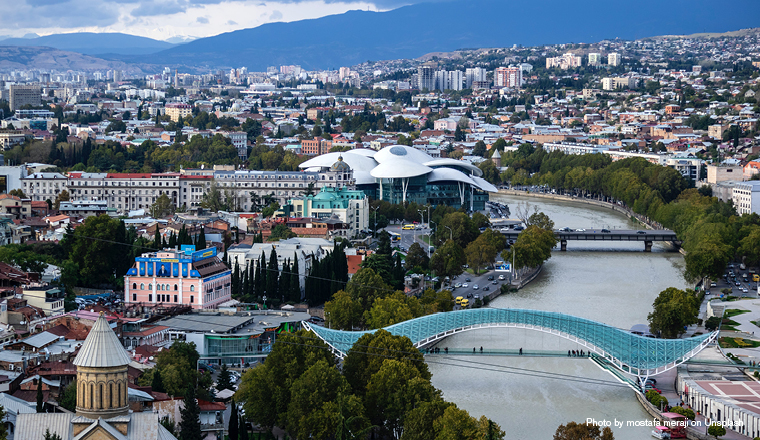
Banking sector attracts interest as the economy stabilises.
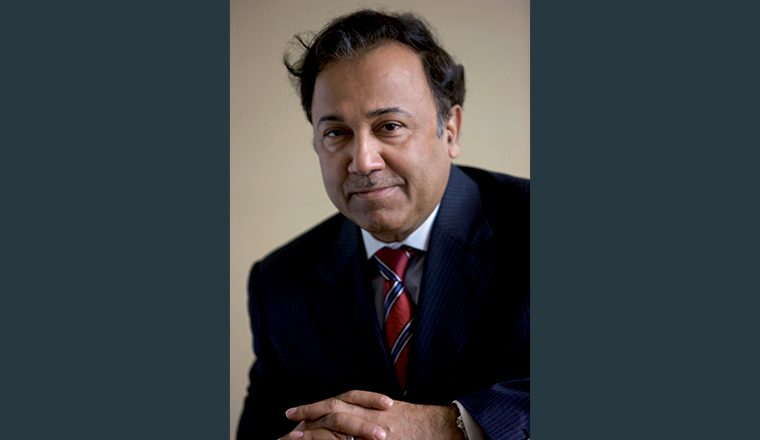
A new Islamic investment firm has launched with initial capital of US$600mn. Its CEO tells Eva-Luise Schwarz why the crisis is the perfect time to be doing business.
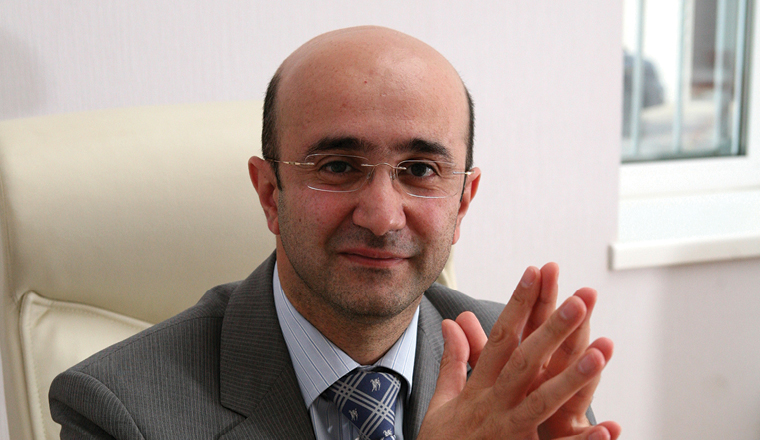
It’s a company you may never have heard of, but Russia’s Human Stem Cell Institute wants to reopen the country’s IPO market and become a global biotech player. Founder Artur Isaev tells Tim Burke how he plans to do it.
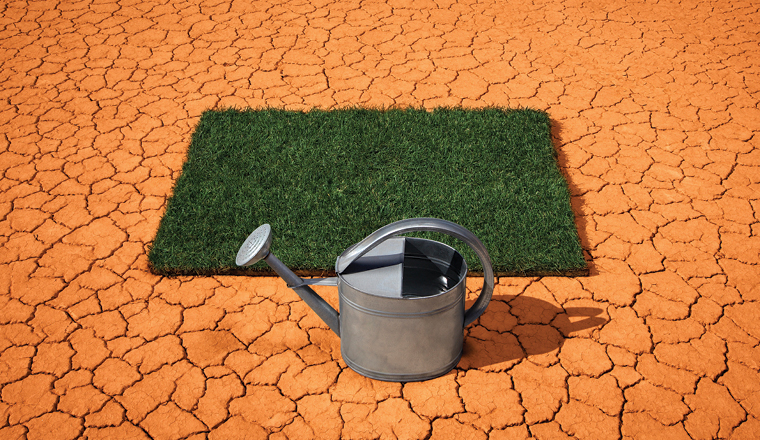
Despite the economic slump, canny acquirers have proved that there are still M&A deals to be done. Tim Burke speaks to the CEOs behind some of the year’s biggest emerging market transactions – and finds that for many, the crisis had a silver lining.